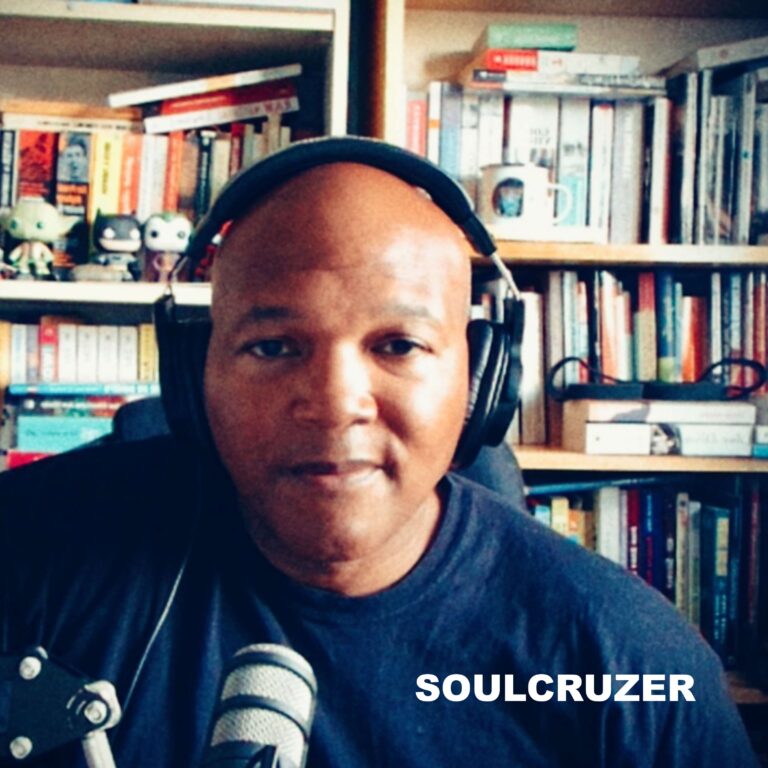And maybe it’s language itself that has disconnected us from our feelings. We are corralled into this constant striving to be happy as if happy is the only emotion worth feeling
Why so glum chum?
When we meet a glum chum we make it our mission to cheer them up, to get them back into a happy place. Why not let them stew in the glum? Perhaps they might learn something essential to their being if only we’d let them spend a good length of time swimming in the glumness until they understand what they’re feeling and know it’s nature.
Turn on your TV, radio or flip through a magazine (hehe how old school of me) and 99% of the adverts try to convince you that the good life will be found through the use of their product or service
Buy this shit if you ultimately want to be happy is the underlying message.
And it doesn’t stop with consumer goods… politicians seeking your vote…vote for me and your life will be better… you can lead a happier life if you vote for me…vote for the other guy and you’ll be miserable, life will truly suck.
Cathy shared a link with me that says we have 27 emotions.
Admiration
Adoration
Aesthetic Appreciation
Amusement
Anxiety
Awe
Awkwardness
Boredom
Calmness
Confusion
Craving
Disgust
Empathetic pain
Entrancement
Envy
Excitement
Fear
Horror
Interest
Joy
Nostalgia
Romance
Sadness
Satisfaction
Sexual desire
Sympathy
Triumph
How many of those do you go through in a day? Better yet, how many of those do you spend time with getting to know it intimately? Maybe that’s job of the poet, to do a deep dive into the emotion to understand the nature of the feeling – the rest of us have work to do, bills to pay etc so these emotions for us are fleeting at best.
I have one of these facial recognition apps (it’s still in beta) that scans your face and detects how a person is feeling in any given moment. It’s interesting to watch the face flick through emotions in seconds.

We can use language to avoid feeling. Through our self-talk we can side-step any emotion even convince a situation right out of existence.
George Orwell wrote in his Politics and the English Language essay that language “becomes ugly and inaccurate because our thoughts are foolish, but the slovenliness of our language makes it easier for us to have foolish thoughts.”
The misuse of words can lead to all sorts of abuse and self-abuse and desensitisation.
Such is reflected in a speech Pope Francis gave back 2013 to a crowd on the small island of Lampedusa:
“Today no one in our world feels responsible; we have lost a sense of responsibility for our brothers and sisters. We see our brother half dead on the side of the road, and perhaps we say to ourselves: “poor soul…” and then we go on our way. It’s not our responsibility, and with that we feel reassured, assuaged. The culture of comfort, which makes us think only of ourselves, makes us insensitive to the cries of other people, makes us live in soap bubbles which, however lovely, are insubstantial; they offer a fleeting and empty illusion which results in indifference to others.”
So this is as much a language problem as it is a spiritual problem.
To avoid desensitisation, self-delusion and even monstrosity, we have to think about what we are saying and avoid euphemisms and cliches. Only then can we establish a deep connections with our feelings. Strangest thing, as I wrote that sentence I had a momentary sense of fear. A fear of actually connecting with emotions. Will it make me soppy? Will it make me vulnerable? If I open the emotional flood gates, can I shut them again.
That reminds me of an episode of Seinfeld when Jerry’s girlfriend complained that she had never really seen him mad. Jerry tries to prove to her that he can be angry. The more he tried, the more she just laughed in his face until finally he makes a breakthrough and manages to actually get angry. But once he opened the gate to one emotion, the rest came flooding through. He can’t stop crying.
I think I’ll tackle that list of 27. Ooh that sounds like an interesting poetry project – to write a poem that expresses each of those emotions.
Speaking of poems, here’s one I posted on Tumblr yesterday:
Good Faith
good faith is hidden
in the fear of a country
girl in a short black dress
she sips cherry coke, bats
her erotic eyes and smiles
people fear me she says
but I am just living life
the way I think I should live
drop out and snuggle with me
and we can be human building
blocks and lie on the rocks
until dawn.
Soundtrack:
Discover more from soulcruzer
Subscribe to get the latest posts sent to your email.






I like being sad best of all in the safe knowledge that I am loved and that people are there for me. It’s cathartic to be sad, esp when we have issues to work through. I teach this to my kids too and don’t immediately try to cheer them up or make them less angry. These emotions are all positive although generally we try to bury them. They are just as valuable as happiness and contentment, you can have these without sadness and unease. Ultimately it’s the dichotomy of emotion that motivates us and truely makes us live!
I get that Sam, going into the sadness, embracing it, learning from it. I have some of my best insights when I’m melancholy.